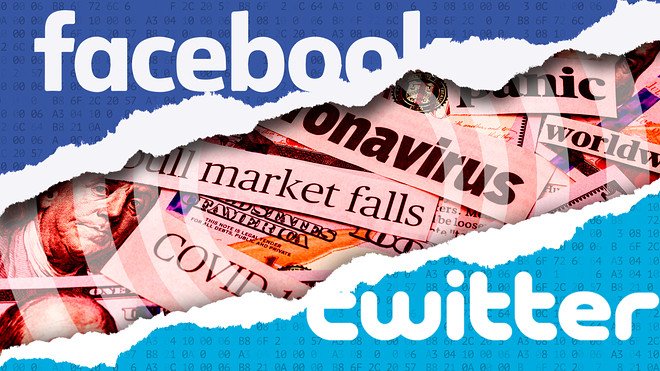
If you’ve been thinking about going back to school in 2022, you’ve probably considered earning that degree while continuing to work full or part-time. But that’s not the only way your employer can help to fund your tuition.
Many companies offer tuition reimbursement programs as part of their employee benefits package. If higher education is on your New Year’s resolution list, here are 9 companies that may be willing to foot the bill.
What is Tuition Reimbursement?
Tuition reimbursement is an employer benefit that partially or completely covers the cost of a high school, college or other kind of education. Most employers will only pay for bachelor’s degrees, while a few will also cover a master’s degree, certificate or GED.
Companies that offer full tuition assistance generally require employees to attend a college or university that they have a relationship with, but not all employers have this requirement.
While many large companies offer tuition reimbursement or assistance, some small firms offer it as well. If you’re currently employed, ask your HR department about any educational benefits available to employees.
Rules of Tuition Reimbursement
When it comes to tuition reimbursement, there’s no such thing as a free lunch. Some companies require that you continue working for a certain period of time after receiving tuition reimbursement. If you quit before that time, you may be forced to repay part of the money.
Employers also often have a GPA requirement to become eligible for tuition reimbursement. If your GPA falls below that minimum, you won’t receive any tuition reimbursement at all.
Many employers will only pay for a degree that is related to the industry you work in, while others let you choose any major. Some companies only pay for tuition if you’re earning your first degree, but others may cover advanced degrees.
If your employer reimburses you more than $5,250, you’ll be required to pay taxes on the extra amount.
Some employers, like Starbucks, cover educational expenses upfront, while others ask that you pay for those expenses yourself with the promise of later reimbursement. It’s important to understand which type of tuition reimbursement program the company offers so you’re not surprised.
9 Companies that Pay Your Tuition
Here are some major employers that offer full or partial tuition reimbursement:
Starbucks
Both part-time and full-time workers can have 100% of their tuition fees covered at Arizona State University’s online program. There are more than 100 majors to choose from. Starbucks employees will still have to apply and be accepted by ASU. For employees that are not initially accepted to ASU, Starbucks has a program to help boost the applicant’s chances of admission.
To qualify for tuition reimbursement, you must not currently have a bachelor’s degree, and you must have worked at Starbucks for least 240 hours in three consecutive months.
Veterans who are Starbucks employees get an additional perk because they can transfer their tuition benefits to a family member.
Amazon
Amazon employees will be eligible for 100% tuition assistance after they’ve worked for the company at least 90 days. There is no lifetime cap on tuition assistance. Both part-time and full-time workers qualify.
Employees can choose a program in one of the following areas:
- Administration and business services
- Transportation
- Healthcare
- Mechanical and skilled trades
- Information technology
Walmart
Walmart offers 100% free tuition for more than 50 different online programs from colleges like University of Arizona, the University of Denver and Purdue University.
Both hourly part-time and full-time workers are eligible for Walmart’s tuition reimbursement program as soon as they start working. Employees must not already have a bachelor’s degree to be eligible. Salaried and temporary workers do not qualify.
Intuit
Intuit employees qualify for tuition reimbursement. Full-time employees may receive up to $5,000 per year, and part-time employees may receive up to $2,000 per year.
Classes must be approved beforehand, and employees must be working toward a degree to qualify.
Chipotle
Chipotle offers a free degree program for workers who choose from a select list of programs. This includes high school, undergraduate and graduate degrees, with more than 300 different programs to choose from in fields like business, technology and health care.
Employees who select a program not included on the official list will receive up to $5,250 in tuition assistance.
McDonald’s
McDonald’s offers tuition reimbursement for both salaried and hourly employees. Managers may receive up to $5,250 in tuition assistance, while other employees may receive up to $2,000.
Employees must work at least 15 hours a week, have been employed for at least 90 days and have a “significant performance” or better on their performance review.
Home Depot
Home Depot has partnered with several universities to provide discounted tuition for their workers, but employees are free to choose their own schools.
They pay up to 50% of educational expenses for approved courses. The annual limit is $5,000 for salaried employees, $3,000 for full-time hourly employees and $1,500 for part-time hourly employees.
Target
Part-time and full-time Target employees are eligible for a free bachelor’s or associate’s degree. Employees must choose from a business-related major like business management, operations and supply chain, data analytics, computer science and design.
For employees who already have a bachelor’s degree, Target will provide up to $10,000 annually to help fund a master’s degree.
UPS
UPS employees who work at their Louisville, Kentucky hub are eligible for a free bachelor’s degree through Jefferson Community Technical College or the University of Louisville.
Workers who are located elsewhere are eligible for up to $5,250 in tuition reimbursement every year, including both part-time and full-time UPS employees. Employees qualify for this program as soon as they’re hired, and there are no restrictions on what they can study. There is a $25,000 lifetime limit.
[“source=mint.intuit”]



